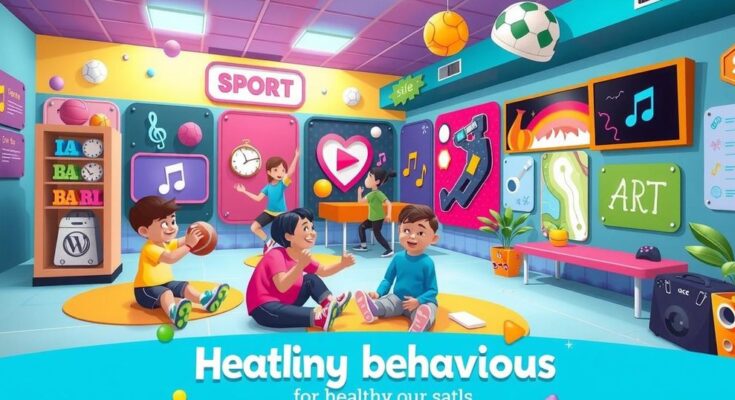Examining Effective Digital Interventions
Innovative Approaches in Adolescent Substance Abuse Treatment Recent research underscores the potential of online games as a viable intervention for adolescents wrestling with substance abuse. Traditional methods like in-person counselling often fall short, especially in rural areas where healthcare access can be a significant obstacle. Enter Mansoo Yu, a professor at the University of Missouri’s College of Health Sciences, who’s looking to reshape the treatment landscape by guiding game designers in creating engaging digital experiences that resonate with young users. By leveraging technology, these games aim to make quitting harmful habits feel more accessible, effectively meeting teens in their comfort zone — online.
The Importance of Meeting Adolescents Where They Are
Yu’s examination of 26 separate studies that delve into various digital interventions — think online, virtual reality, mobile games and video formats — yielded critical insights. He discovered that the most impactful games were those tailored to individual preferences, included a social element for competitive interaction among friends and family, and had engaging content that actively promotes behaviour modification. Yu’s work suggests a roadmap for developing game-based interventions that could be pivotal in encouraging better lifestyle choices for adolescents.
Future Directions for Game Design in Health
He emphasized, “The young generation prefers virtual connections over face-to-face interactions, and online interventions can bridge that gap, particularly for those in less accessible locales.” This adaptability is essential, as many unhealthy habits, such as smoking, can stem from unaddressed mental health challenges like anxiety or depression. Thus, successful digital games should focus not only on countering negative behaviours but also on promoting positive alternatives. Encouraging activities like sports, arts, or outdoor recreation could provide healthier distractions and resources for adolescents struggling with substance issues. Yu also notes the effectiveness of social incentives, such as point systems that reward positive behaviour, fostering a competitive yet supportive environment among peers, educators, and family members.



